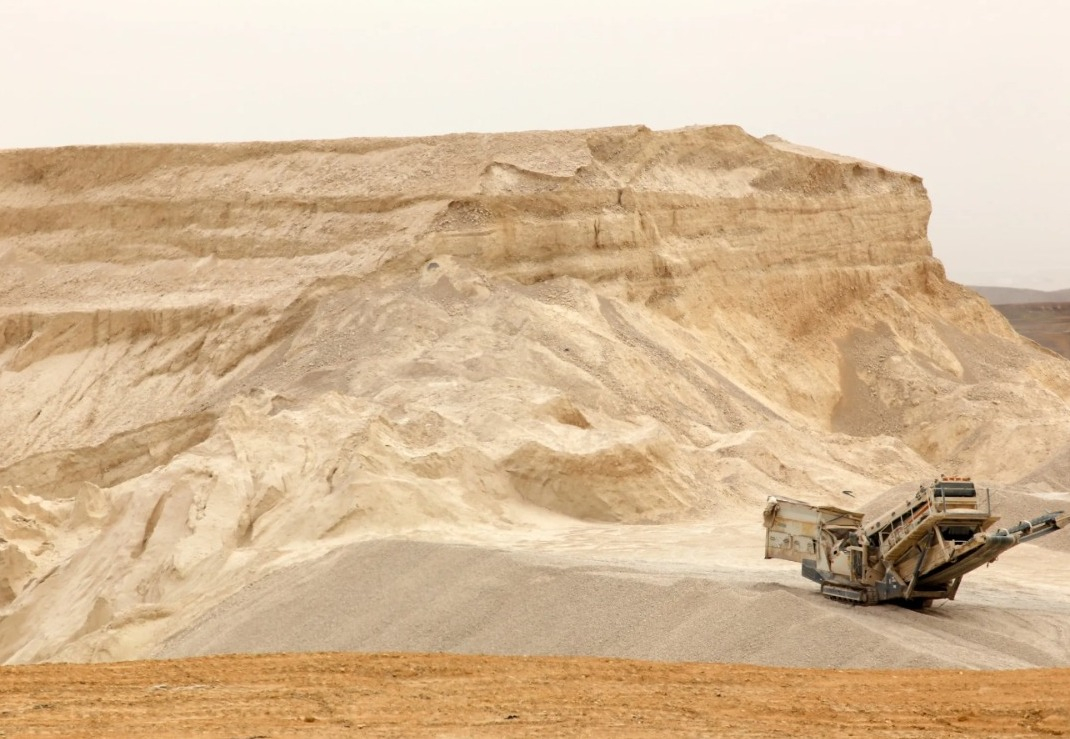
The Private Investment Promotion Agency (ProInversión) incorporated into the 2024 portfolio the opportunity to exploit phosphate rock in the Bayóvar No. 9 concession, which would generate investment commitments of US$940 million and would be aimed, among others, at promoting non-metallic mining for the country’s agricultural expansion.
The signing of the addendum to the contract for the expansion of Bayóvar phosphates could be carried out in the third quarter of 2024 through the Asset Projects (PA) mechanism.
The project, located in Sechura (Piura), is in charge of the company Fosfatos del Pacífico SA (Fospac) – subsidiary of Cementos Pacasmayo -, which has been in charge of the exploitation of diatomites since the award made in 2007.
The project that is incorporated into the promotion portfolio arises from the structuring of the transfer contract for the Bayóvar Mining Concession No. 9 made by ProInversión.
The contract contemplated that, if the concessionaire discovered another mineral substance – in this case phosphate rock – it could be valued based on studies that the concessionaire itself would carry out.
“Fospac has developed studies that have identified the existence of important reserves of phosphate rock, with which it has proposed carrying out a production project of this non-metallic mineral for its direct application as fertilizer in agriculture,” the agency indicated.
Bayóvar: US$940 million investment for phosphate rock
The Director of ProInversión Projects, Rogger Incio, explained that it is necessary to prepare an “addendum to the concession transfer contract signed in 2007”, so that the exploitation of the phosphate rock is carried out.
“This must be approved by the agency’s Board of Directors, following the internal process of issuing reports for approval and support of the case, with which it could be signed in the third quarter of 2024,” the official said.
The Fospac company would be committing to an investment of US$940 million over a period of 10 years, with a significant economic impact for the Peruvian State, as well as for the San Martín de Sechura (Piura) peasant community for the agreed deferred consideration, in addition of legal royalties and the consequent generation of a source of work.
The project would be carried out in two stages. First, the company will produce 100,000 tons per year in the fifth year after signing the addendum. By the tenth year, it should produce 2.5 million tons, increasing the country’s phosphate rock production by 50%.
Rogger Incio commented that the project will have a great energizing effect on the country’s economy and will also facilitate the expansion of agricultural production.
“This type of product is in demand in the local market, in fact, in the jungle it has been identified that its application can be direct, as well as in the development of modern agriculture in the valleys and intervals of the Peruvian coast that will be expanded by irrigation megaprojects,” he stressed.
Source: Larepublica
Alia is a professional author and journalist, working at 247 news agency. She writes on various topics from economy news to general interest pieces, providing readers with relevant and informative content. With years of experience, she brings a unique perspective and in-depth analysis to her work.












